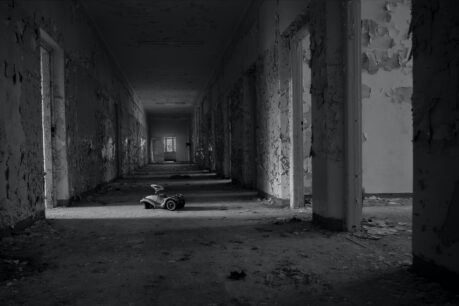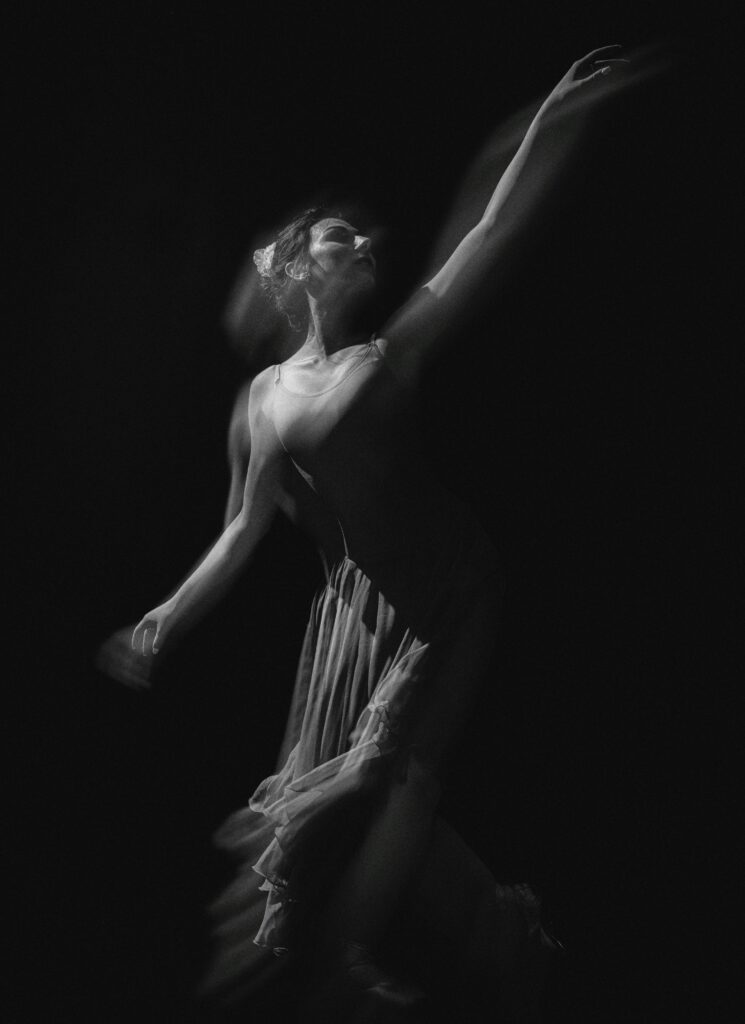The Majority
Dmitry Bykov, Translated by Ellen Vayner, December 8, 2023
Vera Fomina’s husband returned from the war dead. She was considered lucky because others returned without an arm or a leg. Their town was small and poor, and everybody knew one another. Vera heard the cries from the nearby houses, saw scared children and old women with weeping faces, and tried to avoid disabled soldiers who looked at their neighbors with such disdain as if it were the neighbors who’d maimed them. Her husband returned right after the final victory, or maybe even earlier—right before—that’s how it seemed to her later, when everything got mixed up in her memory.
When her husband came back from the war, Vera didn’t notice anything strange about him—no particular smell or anything like that—and, of course, he didn’t suck anyone’s blood. It all seemed like old wives’ tales. The first time Vera noticed that something was off with her husband was during the welcome-home party
Such things—like a dead fiancé or a corpse returning from war—were talked about casually, as if they weren’t so unusual. As a kid Vera had heard scary stories about nocturnal visitors, but they didn’t really stick with her. When her husband came back from the war, Vera didn’t notice anything strange about him—no particular smell or anything like that—and, of course, he didn’t suck anyone’s blood. It all seemed like old wives’ tales. The first time Vera noticed that something was off with her husband was during the welcome-home party when Stepan began dancing and kept on in such a way that soon everyone else stopped dancing, and even the guy playing the harmonica stopped of fear. And so Stepan kept dancing alone, looking straight in front of him, making moves that no one had ever seen in any kind of dance: bending several times to one side, throwing his fists up and down, then suddenly stomping the ground forcefully, with one leg stomping with greater force than the other—everything was distorted. Then he spun around on the spot, threw his head up, began beating himself across the shoulders as if undergoing a ritual of some obscure religion. Finally, he bowed and stood still.
No one knew where he’d learned all that. He barely drank alcohol but ate voraciously.
The nocturnal visitors were completely different. They would come over, ring the bell, or knock on the door, breaking it down on occasion, then they’d mess up everything inside the house and take the host and hostess away with them, sometimes even the children. The nocturnal visitors were alive, but strangely dressed; they obeyed the law, and there was nothing otherworldly about them, but they were the ones you had to be afraid of. People didn’t talk much about the dead: as the rule has it—say something nice or nothing at all. So, Vera was generally aware of things but didn’t expect to get that lucky. After all, what special qualities did she have? Only her subdued northern beauty, as it’s officially called. And she made really good potato pancakes, draniki, but who could screw up draniki? In their town, they were also called pop-ups because when a properly made potato pancake was thrown into a bowl of water, it would float; and so they were often served that way—in the bowl of water. Stepan was a sucker for draniki.
Dogs weren’t afraid of him; they even liked him, but the cat Dashka would jump away, hide in a corner, and hiss vehemently, baring her teeth. But there were very few cats left in the town; they’d all gone somewhere.
On the other hand, there were suddenly a lot of children running around. Having quietly sat out the war, they were now screaming, running, and playing war. And they were unusually drawn to Stepan as if they saw in him a kindred spirit. He made them strange toys—a wooden bird with one wing, as if there was something incomplete in death, or a clay horse with five legs. The children didn’t play with his toys—those toys were not for playing. But as they ran around, the kids liked to stop and cuddle with Stepan who would sit on a bench near his house exposing his face to the sun. The war ended in spring, as usual, and there was a lot of sunlight. “Uncle Stepan,” the kids would shout, “tell us about the war!” “Bang, bang,” Stepan would say. “What’s next?” “I don’t remember anything after that.” The children laughed and ran away, only to run back toward him to bask in the sun.
At night Stepan would walk. Normal men would fall asleep after getting busy in bed, but Stepan would be energized, as this too was close to death, and he would feel recharged. For long periods of time, he would wander under the moon, as if bathing in its rays. Sometimes he’d take his dog along. This is how they walked, together, a dead man and his guard dog, and the streets would roll out smoothly before them, and even the dust appeared to be asleep. This is how they walked under the moon, covered in silver light and so content it was almost enviable.
“I don’t envy you, Vera,” said Anna, a neighbor who was always looking for a chance to say something nasty. Her husband hadn’t come back, but an assessor would visit her regularly. He was a short man with his head always pulled down into his shoulders and with a knowing air.
He’d exchange looks with Stepan, as if they both knew something. But the assessor was alive; despite his stoutness, he didn’t exude an air of strength. Comfort, yes, but not strength. But if you think about it, comfort is fragile: it can feel good now but disappear moment later. He was alive and lively and maybe because of that, he wasn’t really good at making love. Stepan, on the other hand, became an amazing lover after the war—he would make love as no one had ever done it before. An average man tries to finish the job as soon as possible, but with Stepan, it felt like he’d already finished everything forever and so had no need to hurry. It was as if he was just trying to get warm from Vera, like from death, and he indulged unhurriedly. Before the war, Vera and Stepan hadn’t had any kids, but now they had one right away—but only one: they decided that was enough.
The boy was strange, but only to outsiders. He’d always been very quiet. Even as an infant, he almost never cried; behaved as if he already knew everything and now only needed confirmation. Vera took him to kindergarten, and everyone listened to him there, even though the boy didn’t say much.
“Seryozha will be a big boss,” asserted his teacher Nastya. Over the years she’d seen children as often as she’d seen manure and had never been wrong in her prophecies.
Before the war, Stepan worked at a factory, but it was destroyed in the war—and anyway, no one needed ball bearings anymore because there were no axles. As a veteran he received a good pension although he didn’t fill out the disability paperwork—what did he need disability benefits for anyway? He couldn’t hear that well, but why did he need hearing when he knew everything from inside himself, and the outside world couldn’t tell him anything new. His inner world was a different story. Vera couldn’t find out anything about Stepan’s inner world, and even when they made love it seemed to her that Stepan was completely closed off. Her female intuition told her that the war was still going on inside him, and that he’d never really returned. So, in a way he wasn’t lying to the kids when he told him that he didn’t remember anything; it just meant that everything would remain inside him because to remember would mean to exit the past, to get rid of it. But everything was still going on inside of him—there were fields that were continuously burning, and tanks that were burning along with them.
Here shafts of wheat were growing, an iron tank was driving over them, then bang-bang—and the soldiers were burning inside the tank and the wheat was burning around it. The top layer of earth was always exploding, and many dead bodies lay beneath it; there were even more corpses under them. And soon it just happened that all of them were alive because nothing had ended. The dead were rising and, alongside the living, were fighting for their land because it was truly their land—they’d lived in it. Later some of them lay back down beneath the earth, but some couldn’t make it back in time, just like in the Red Light, Green Light game, and those left on the surface were added to the ration list but not too willingly because it wasn’t right after all.
Stay tuned for Part 2 of ‘The Majority’ to be published next week!
You may also like

Eyes of the Beholden
Unspoken desires linger in the shadows of a teacher's life, revealed through art

LOST
Bessie's odyssey through stormy nights, lost love, and secret graveyards unfolds with haunting beauty in "Lost" by Sandra Dennis.

Water Rising
Amidst a flood, a woman grapples with the past, and confronts the consequences in this haunting narrative of resilience.
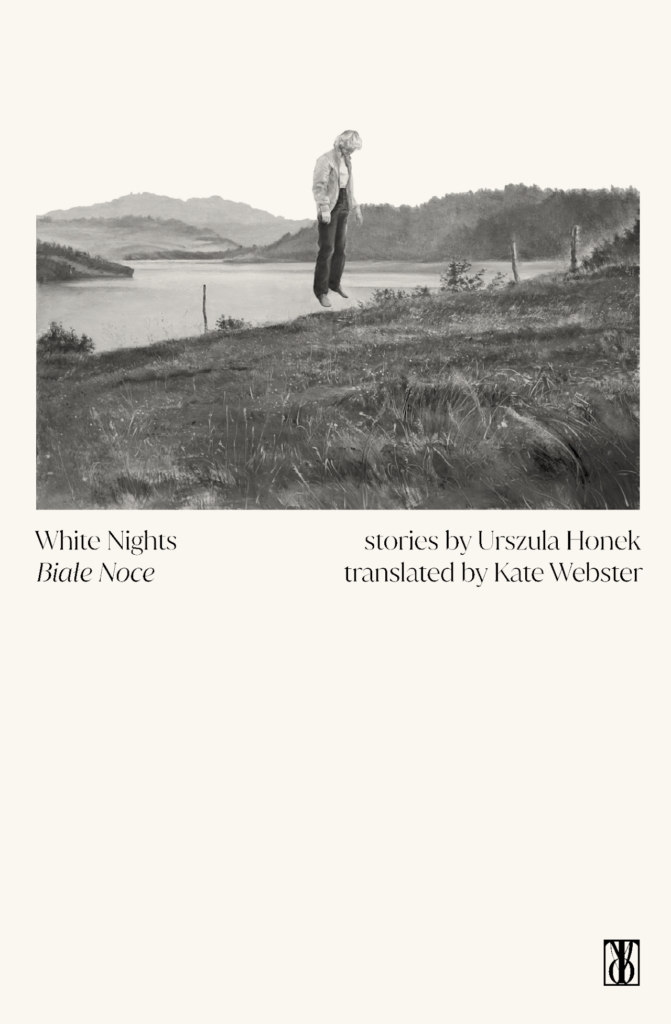
Book Review: White Nights by Urszula Honek
The debut short story from Polish writer Urszula Honek, White Nights, is akin to reading an account of a haunted place – one that is beautiful and devastating in equal
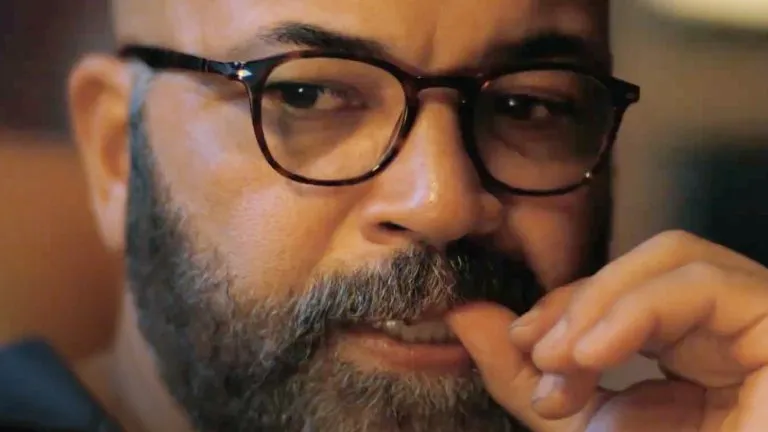
Beyond the Surface: The Multifaceted Lives of ‘American Fiction’
In essence, "American Fiction" and the experiences it draws from remind us that we are indeed more than the sum of our parts.
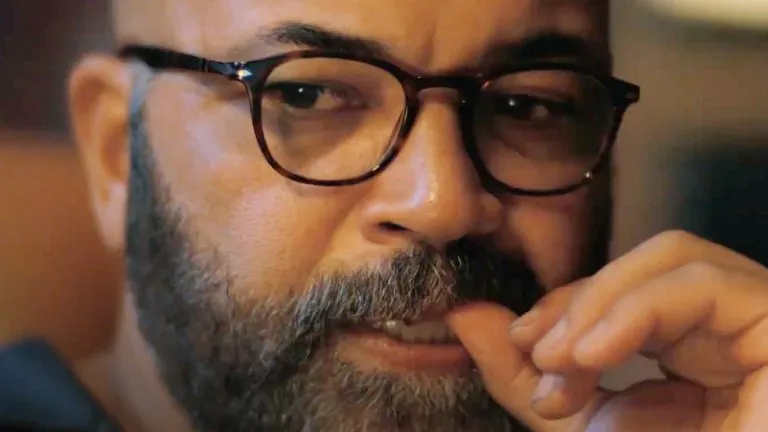
Beyond the Surface: The Multifaceted Lives of ‘American Fiction’
The narrative of “American Fiction” unfolds with a dual focus: it not only scrutinizes the unique pressures faced by Black creatives but also delves into the intricate and sometimes tense…
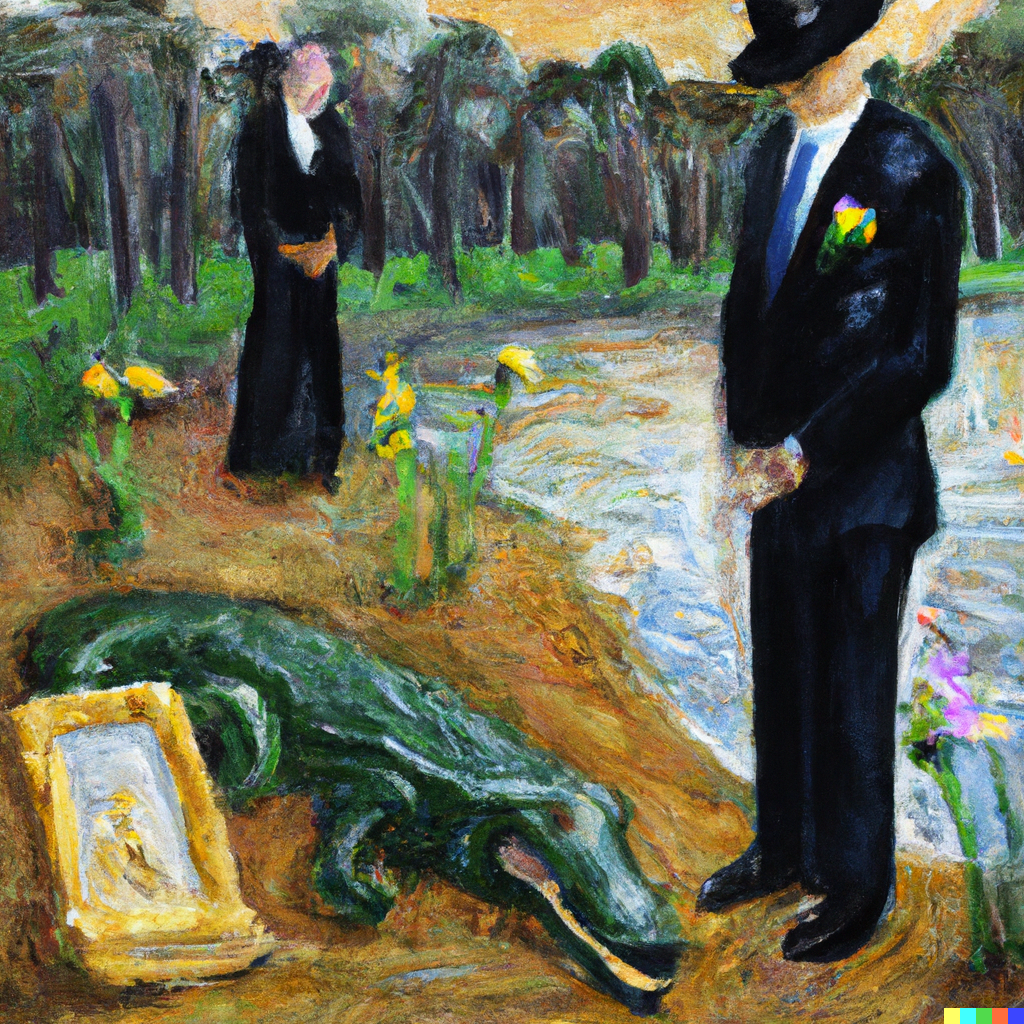
Uncle Bobby’s Funeral
Reluctant family faces the eccentricities of Uncle Bobby's funeral in swampy Chipley.




